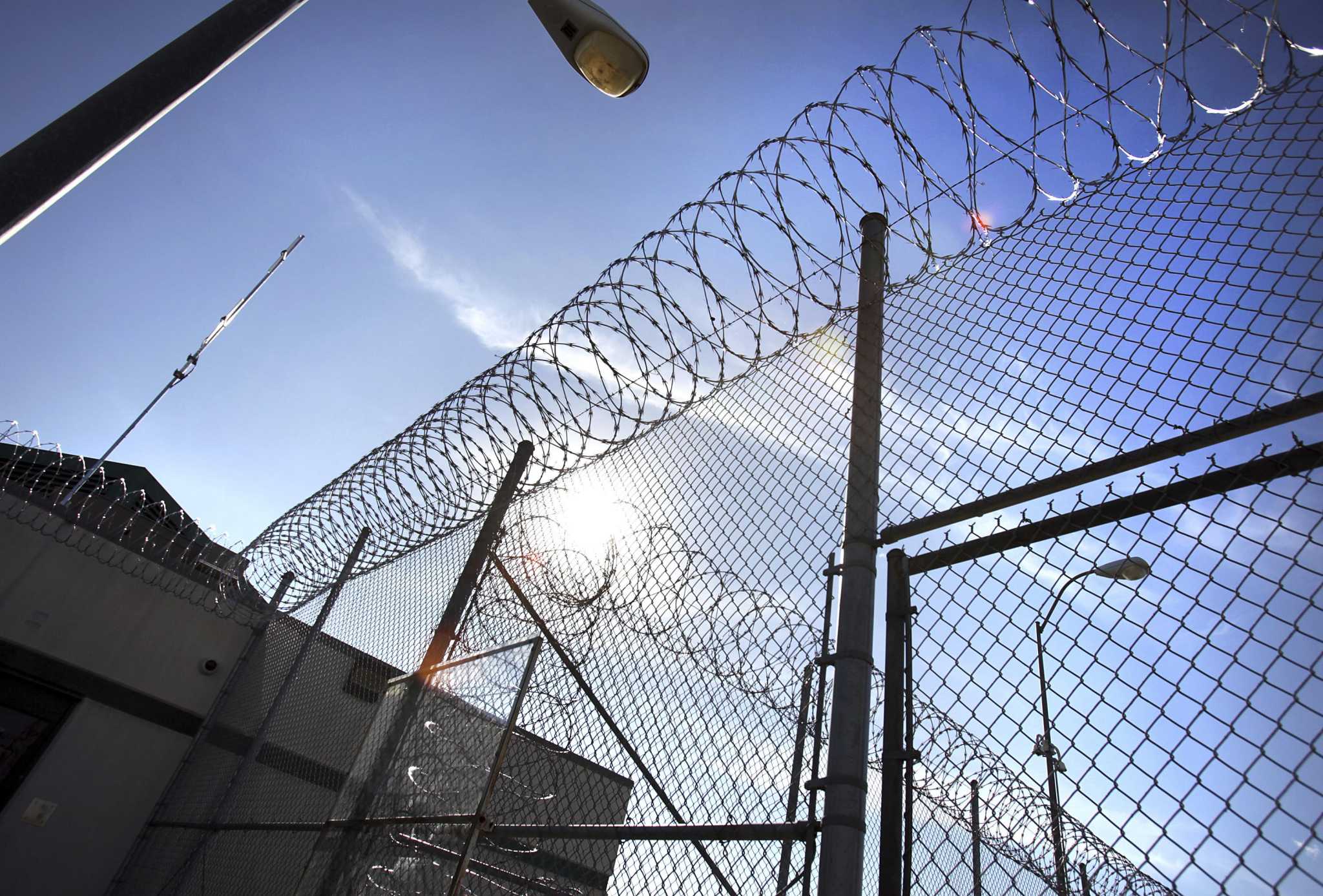

By Larkin White
WASHINGTON D.C. – A motion to stay the execution of Texas prisoner Billy Joe Wardlow was submitted to the U.S. Supreme Court Monday. If the stay is not granted, Wardlow will be executed on July 8, just 14 days from now.
The motion is seeking to stop the execution from happening even before the Supreme Court has decided whether to grant a petition for a writ of certiorari filed nearly two weeks ago by Wardlow’s attorney, Richard Burr.
It presumes that at least four members of the Court will consider a grant worthwhile, that there is a significant possibility that the Texas Court of Criminal Appeals’ decision in 2019 to deny Wardlow’s previous petition will be reversed, and that “irreparable harm will result if no stay is granted.”
Wardlow was sentenced to death in 1995 for shooting and killing an 82-year old man named Carl Cole during a robbery two years prior. Wardlow was 18 at the time of the murder.
He has now spent a quarter of a century on death row, primarily in solitary confinement, with a mild disciplinary record mostly consisting of write-ups for possessing contraband such as stamps or a radio. This record stands at odds with the jury’s assertion at the time of Wardlow’s sentencing that he “would constitute a continuing threat to society” and that his case did not warrant a life sentence without parole.
The motion notes the landmark 2005 Supreme Court case Roper v. Simmons determined that the continuing brain development of those under 18 years old precludes them from the death penalty. It
 constitutes cruel and unusual punishment prohibited under the Eighth Amendment. Yet since that decision, neuroscientific research has shown that the brains of 17-year-olds are no different than the brains of 18-to-20-year-olds with regard to their moral culpability.
constitutes cruel and unusual punishment prohibited under the Eighth Amendment. Yet since that decision, neuroscientific research has shown that the brains of 17-year-olds are no different than the brains of 18-to-20-year-olds with regard to their moral culpability.
Although not seeking to extend the preclusion of Roper, attorney Burr asserts that any prediction regarding the future dangerousness of someone under the age of 21 who has committed a capital murder is unreliable because their brain, and therefore their character, is not sufficiently developed. An amicus brief filed on June 19 contains testimony from a host of medical professionals confirming this assertion.
This has particularly serious implications for Wardlow’s case as an inmate in Texas. A 2013 report by the American Bar Association states that “Texas’s capital sentencing procedure is remarkably different from that of other jurisdictions,” placing predictions of the defendant’s future dangerousness “at the center of the jury’s punishment decision.”
Yet, as the pleading claims, there is “no precise explanation” of what future dangerousness looks like. Taking into consideration that Texas has carried out 39 percent of executions nationwide since 1996, this gray area is highly concerning.
Given the central importance of the question of Wardlow’s presumed future dangerousness at the time of his sentencing, the recent scientific discoveries laid out by the amicus brief hold serious potential for meriting a writ of certiorari, the defense team believes.
The defense notes that the question of Wardlow’s development at 18 is also complicated by the fact that people who are developmentally delayed or have suffered abuse and neglect experience slower cognitive development than others. The adolescent period of impulsiveness and unawareness of consequences is extended. Wardlow fits comfortably in both categories.
The pleading tells the court that, in 1998, psychologist Paula K. Lundberg-Love conducted a psychological assessment of Wardlow and concluded that he had PTSD from his childhood, along with a range of psychological problems. Growing up, his mother had been prone to explosive rage and was protective to the point of isolation—according to Lundberg-Love, Wardlow “did not develop particularly close relationships with anyone outside of his family.”
In addition to the abuse suffered, Attorney Burr wrote, Wardlow was also clearly developmentally delayed. He didn’t walk until 19 months and wet the bed until he was 10.
While altogether the scientific and psychological evidence present a compelling appeal to the members of the Court, it is the last stipulation of the motion to stay Wardlow’s execution that is the most certain: if it is not granted, he will be killed.
To sign up for our new newsletter – Everyday Injustice – https://tinyurl.com/yyultcf9
